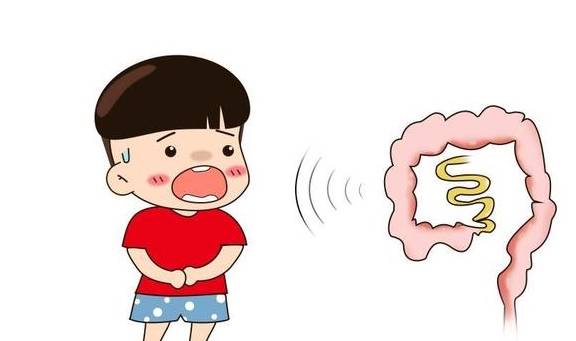Is your baby’s development affected by poor spleen and poor absorption? Don’t worry, these ways to deal with it!

In the process of baby feeding, parents have the most headache is the babies’ diet. Many mothers often worry about their baby’s indigestion, “Baby’s appetite has become worse recently, is it a bad stomach?” “My baby’s stools are very smelly, is it because of indigestion?” “My baby vomits after eating milk, is there a problem?” “There are always milk flakes in the stool, I have changed two or three kinds of milk formulas, but the situation has not improved, what should I do?”
As a mother, I can understand the concerns of parents. As the saying goes, “You have to eat well to grow well”, and if you have digestive problems, you will not be able to absorb the nutrients. If digestion is not improved in time, the absorption of nutrients will be affected and the baby’s physical development will be affected.
Characteristics of digestion and absorption in infants and young children.
To understand the causes of indigestion in babies, we first need to find out the characteristics of the baby’s gut, which is, after all, very different from that of us adults. Firstly, from a physiological point of view, babies have a relatively small stomach capacity and a loose pylorus, which causes them to vomit easily. Secondly, from a functional point of view, the digestive enzymes (pepsin) of the baby’s stomach and intestines are less secreted and the digestive and absorption capacity is weaker. This requires that the food provided to babies must be well digested and easily absorbed in order to avoid nutrient loss and intestinal discomfort, such as vomiting and constipation.
In view of the characteristics of baby’s digestion and absorption, improving nutrient absorption is really not just a matter of a few words, it is a systematic project. So, what can you do to improve your baby’s absorption? See if you have mastered the following essentials?
1, choose a suitable feeding method.
Find the right way to feed your baby, is the first way to solve the problem of absorption of baby. For small babies, the world’s best food than breast milk, unless there are some special circumstances can not be nursed, then we must find the best milk substitute according to the baby’s own situation.
For example, if your baby is congenitally lactose intolerant, choose a lactose-free formula; if your baby is allergic to milk, choose a formula that corresponds to the degree of hydrolysis according to the severity of the allergy; if your baby has poor digestion, it is best to choose a formula with added probiotics and rich prebiotics; for other special babies, you need to choose a specific formula according to your doctor and nutritionist.
2、Rational addition of complementary foods.
Generally speaking, the time to add complementary foods for babies is 4-6 months, in addition to adding certain nutrients in time, it can also exercise the chewing and swallowing ability of the baby’s mouth, and enhance the digestion and absorption ability of the gastrointestinal tract; adding complementary foods should be in accordance with the way from thin to thick, from fine to coarse, from single to diverse; don’t keep giving your baby mud-like food, so that the baby’s digestive system can’t be exercised for a long time; and don’t increase the size of food particles too quickly, so that your baby’s digestive system can’t be exercised. Don’t keep giving your baby pureed food, so that your baby’s digestive system can’t be exercised for a long time.
3、Cultivate good eating habits.
Parents can make their babies aware that it is “time to eat” by using fixed times, specific tableware or words to create a specific situation. Don’t give your baby too many snacks before meals to avoid gastrointestinal discomfort; try to stay focused during meals, and try not to play or watch TV at the same time, or delay for too long; eat less fried, greasy and frozen food, and eat a balanced diet to develop good eating habits.
4. Pay attention to dietary hygiene.
Before the baby’s digestive system is mature, the immune system is weak. It is very easy to be attacked by external harmful bacteria, so try to ensure your baby’s diet and environmental hygiene to reduce the chance of contracting gastroenteritis. Eat less raw and cold food; keep kitchen utensils, chopping boards, knives, dishes, etc. clean and separate raw and cooked food to avoid cross infection.



